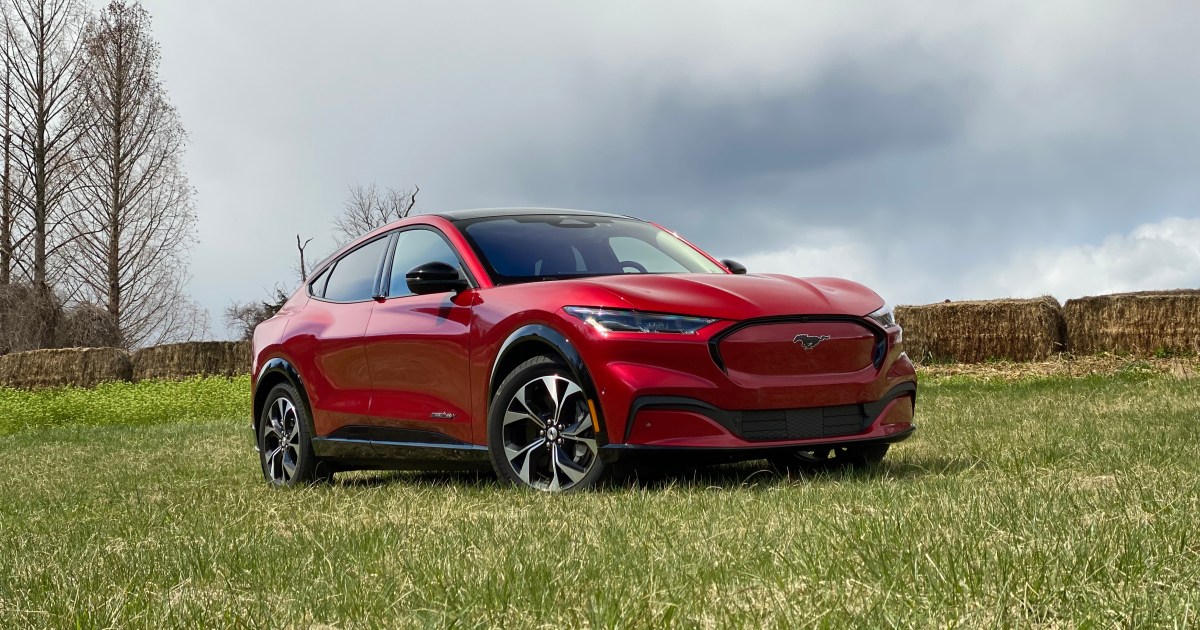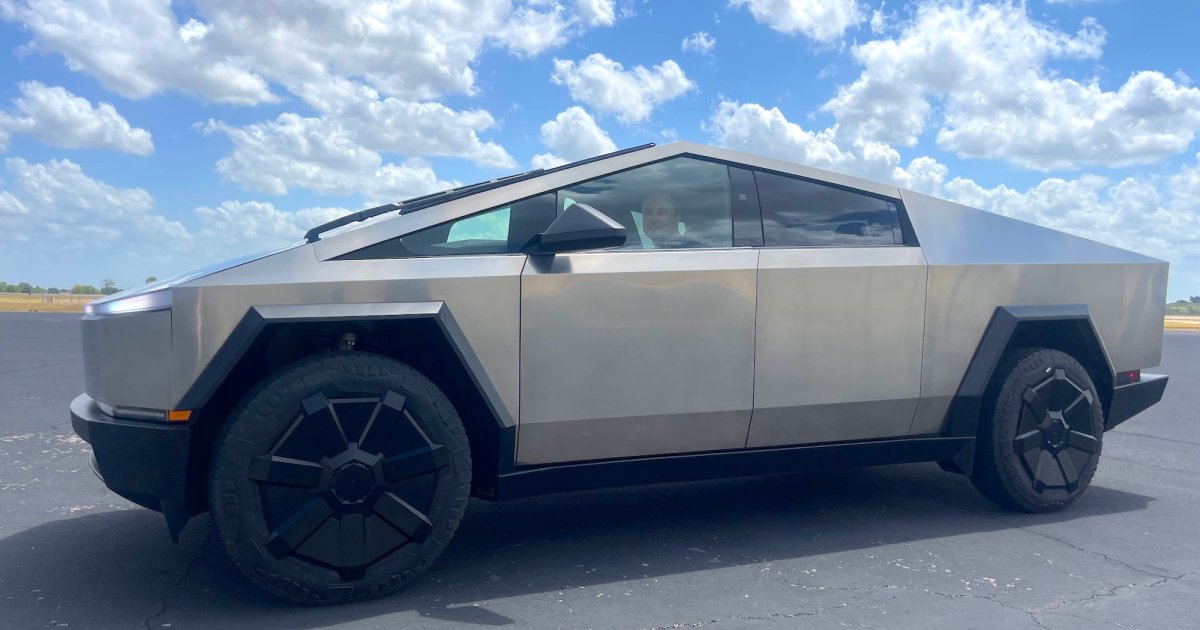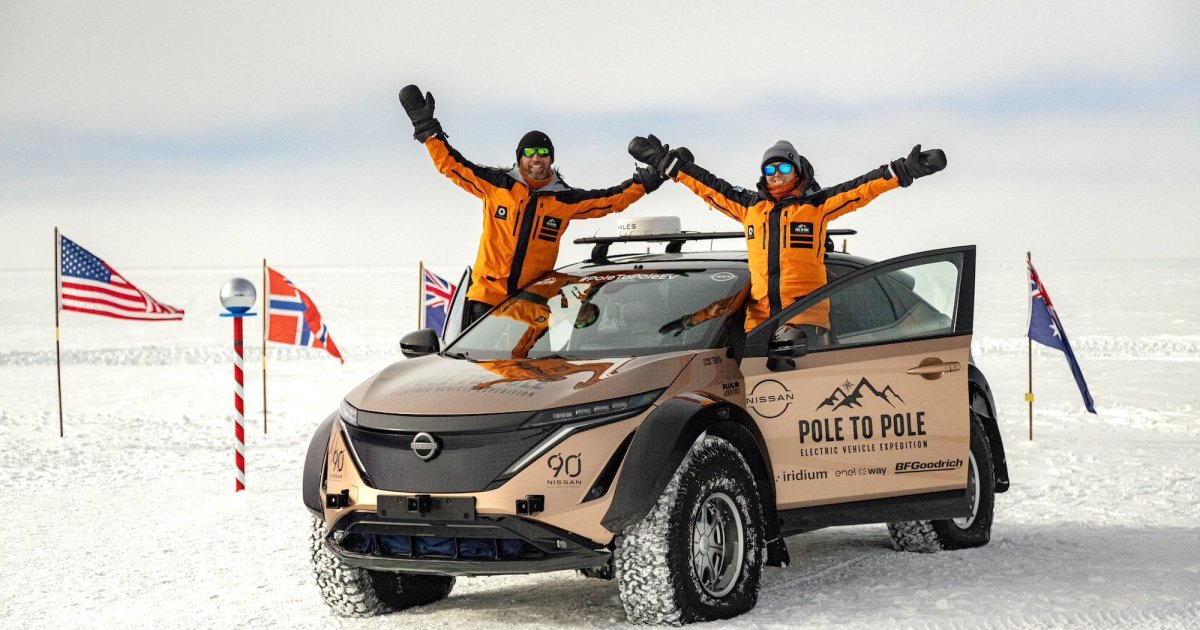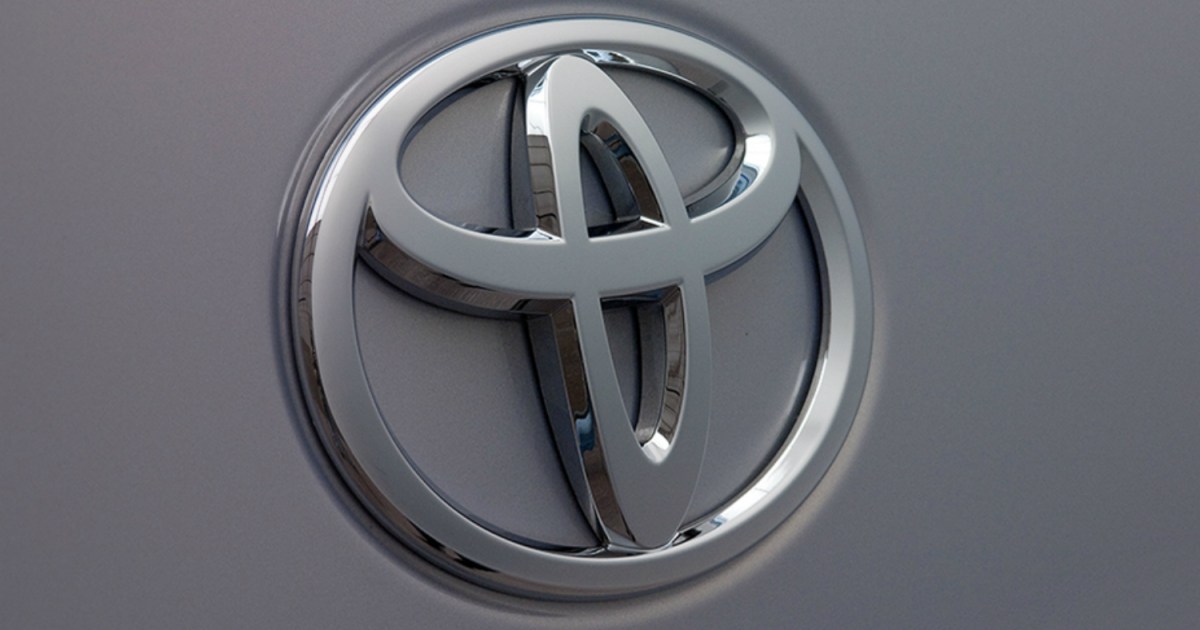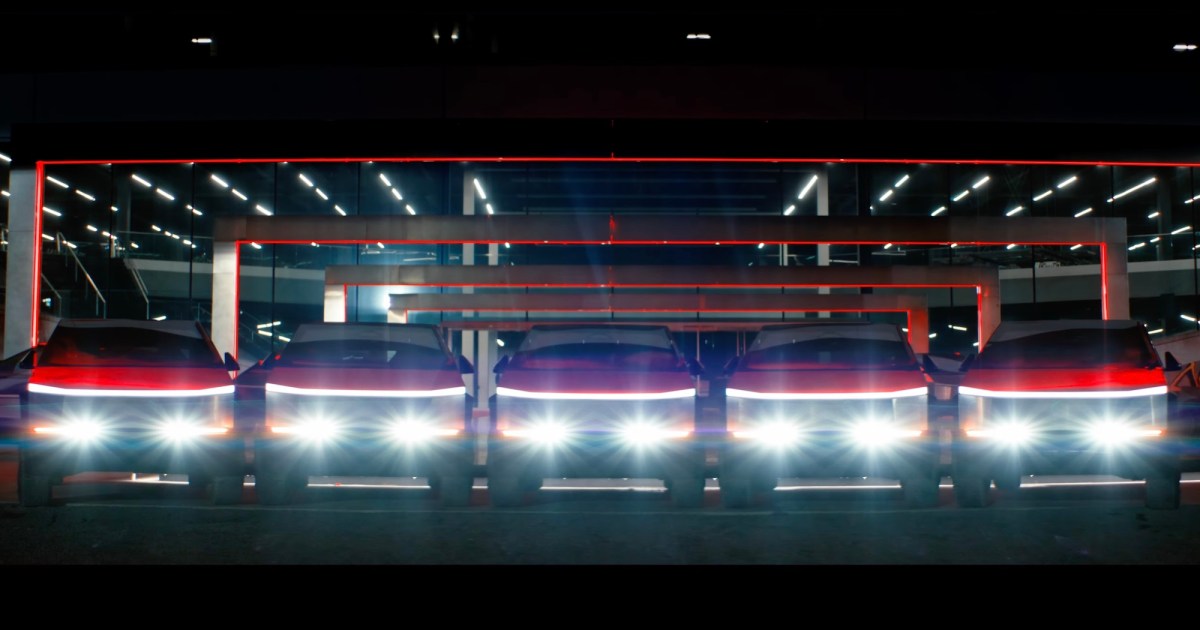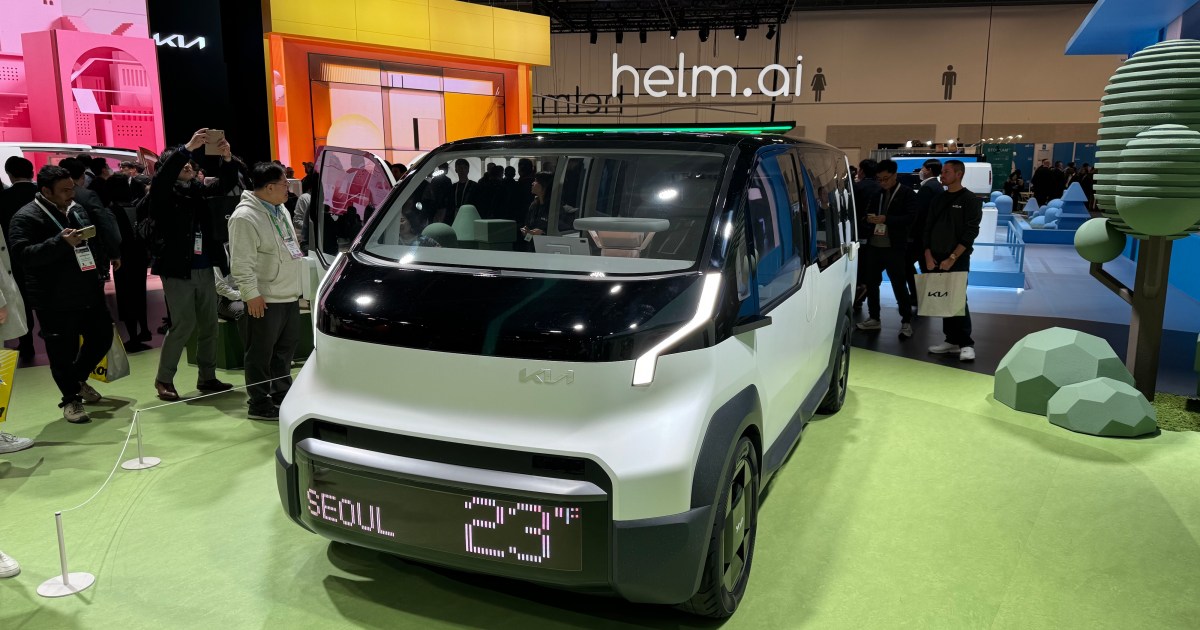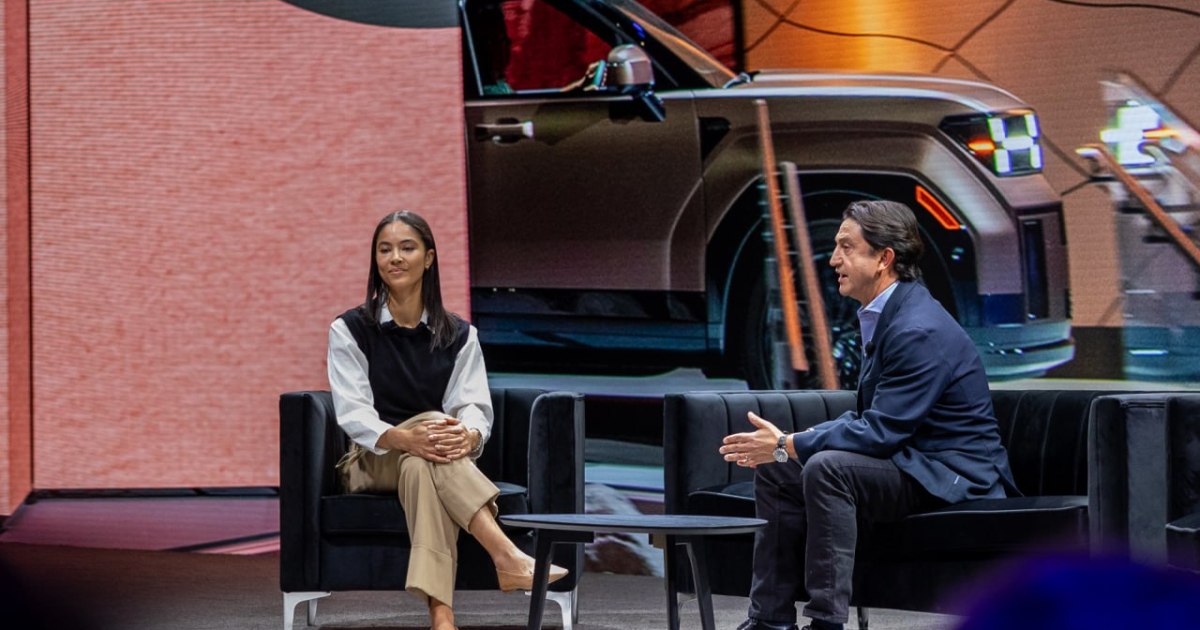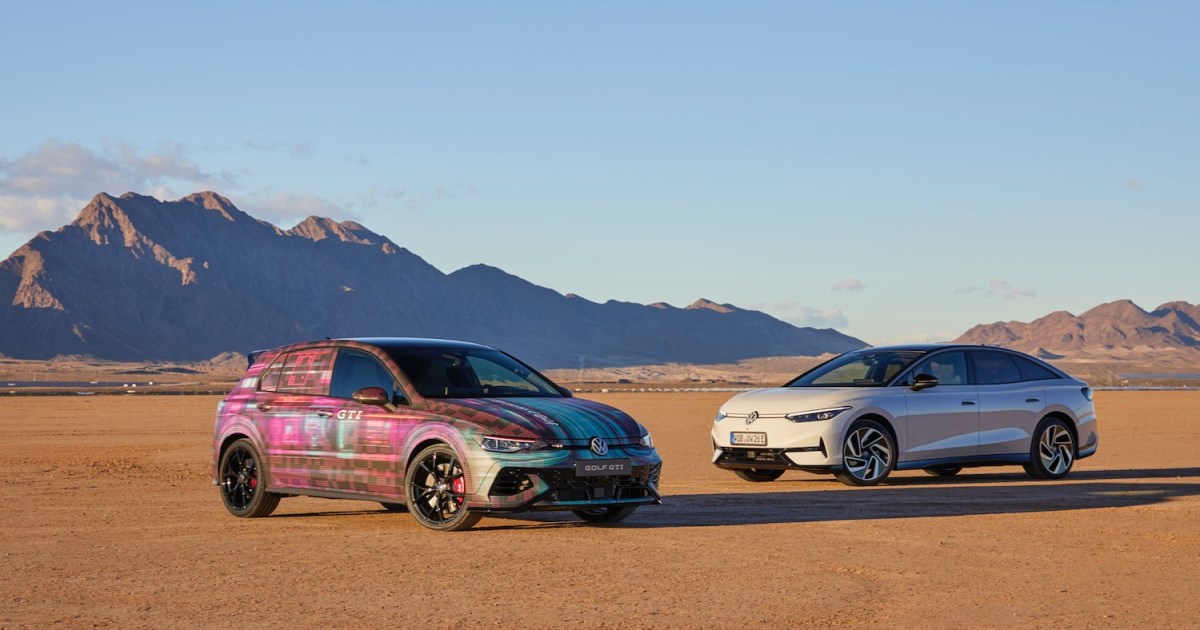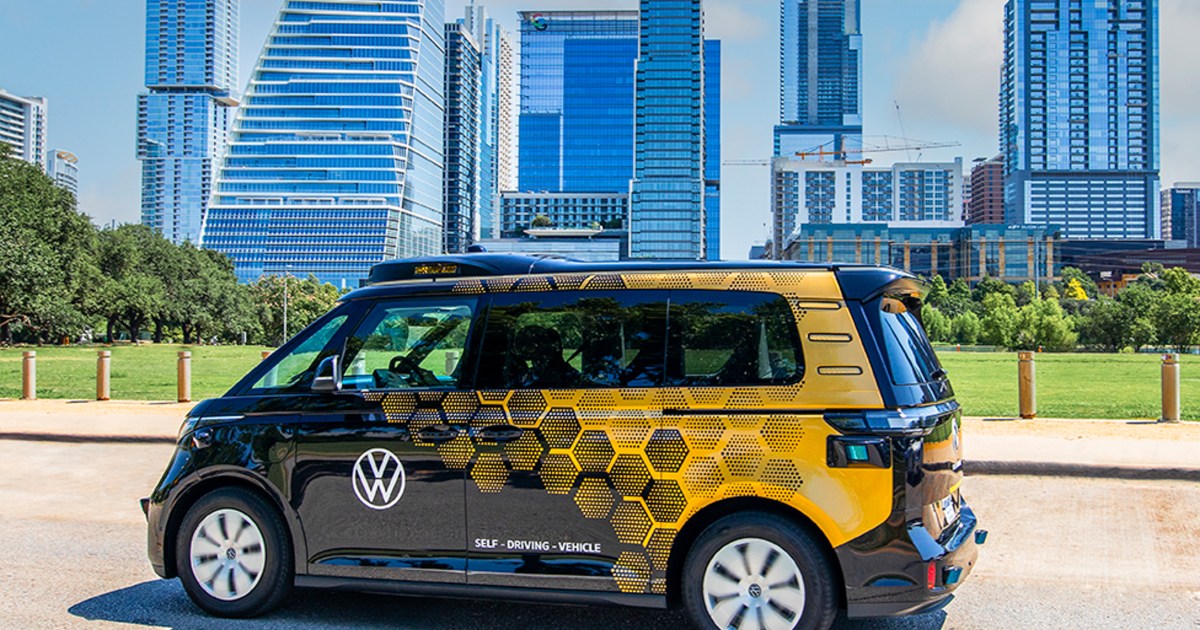General Motors and Ford electric vehicle owners will gain access to Tesla’s Supercharger network earlier than anticipated, starting as early as February 2024. This information was revealed by a Tesla employee during a recent city planning committee meeting discussing a new Supercharger station.
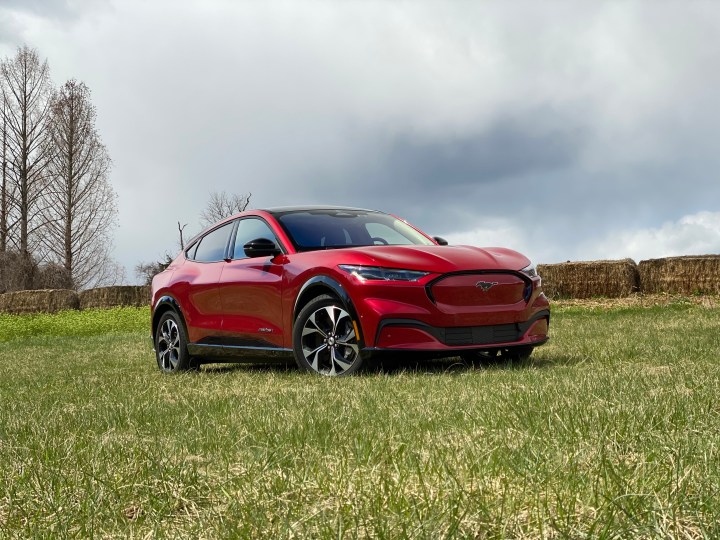 2021 Ford Mustang Mach-E from the front passenger side in a grassy field with dark clouds in the back.
2021 Ford Mustang Mach-E from the front passenger side in a grassy field with dark clouds in the back.
While most major automakers have committed to adopting the North American Charging Standard (NACS) connector, the same one used by Tesla, by 2025, it’s unlikely that Ford and GM vehicles equipped with NACS will be available by February. However, existing Ford and GM EVs with the Combined Charging System (CCS) connector will likely be able to utilize Superchargers through an adapter.
“Our first car companies, Ford and GM, are starting in February of 2024,” stated Jenny Pretare, Tesla’s Design Manager of Charging Infrastructure, at the Farr West City planning meeting. She clarified, “Once they have the charge port and software to interface with our charging stations, they will actually be open to those vehicles.” This suggests that the initial rollout will focus on enabling CCS-equipped vehicles to access the Supercharger network.
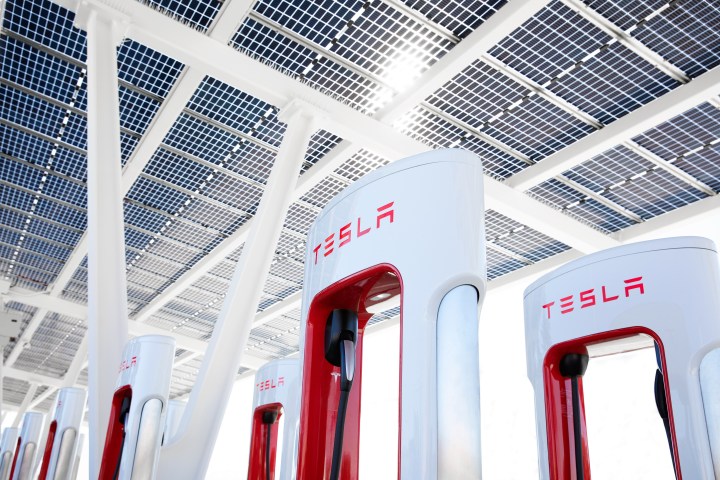 Tesla Supercharger
Tesla Supercharger
Pretare also indicated that other manufacturers will gain access to Superchargers in phases throughout 2024, aligning with their preparations to produce NACS-equipped vehicles by 2025. This phased approach will likely allow Tesla to manage the increased demand on its network and ensure a smooth transition for all EV drivers.
An interesting detail revealed during the meeting was Tesla’s consideration for vehicles towing trailers when designing new Supercharger stations. Pretare used the example of a Cybertruck towing a trailer being able to charge at the new stations. This suggests a focus on accommodating larger EVs and their charging needs, which could benefit all EV owners.
Ford was the first major automaker to announce the adoption of NACS, quickly followed by General Motors. Subsequently, other prominent automakers like Mercedes-Benz, Rivian, Volvo, and Polestar have also joined the NACS coalition. Volkswagen remains the only major holdout, stating that it is still “evaluating” NACS implementation.
The practical rollout of this initiative will likely present some challenges, particularly for Tesla drivers who might experience longer wait times at Supercharger stations. However, this expansion of charging infrastructure is a significant step towards broader EV adoption and the development of a more robust and accessible charging network. The success of this transition will depend on the ability of Tesla and other charging network providers to expand capacity and meet the growing demand for EV charging.



